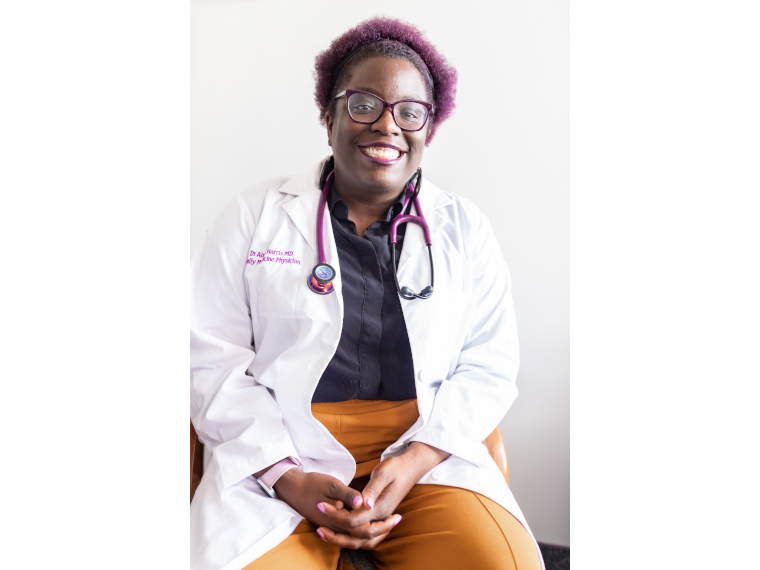Written by Dr. Aisha Harris
Worrying is not a good feeling. It comes and goes with life experiences and situations of uncertainty.
But we have to ask ourselves are we worrying too much? Is it keeping us up at night? Does anxiety consume our daily life to a point where it is hard to function and complete our responsibilities?
Anxiety comes in many shapes and sizes. There are many different types of anxiety that include generalized anxiety disorder, social anxiety, phobias and obsessive compulsive disorder.
Generalized Anxiety is the most common form of anxiety. According to the National Institute of Mental Health, generalized anxiety disorder occurs in over six million adults in the United States. But only 43%of those adults get treatment for their anxiety.
Women are twice as likely to be diagnosed with generalized anxiety disorder than men.
Often, people will have both generalized anxiety disorder and depression, which impacts their mental health and quality of life even more.
For some, the worrying and anxious feeling may just last a couple of days while they are trying to find out some important information. For others, it may last a month or so as they planning some event or not sure about their immediate future. But for many, anxiety lasts for well over six months and can be a daily or frequent feeling to navigate and manage in their day-to-day life.
There are high rates of anxiety in the Black community, but they are often overshadowed by chronic stress and trauma. Additionally, Black people are less likely to report or seek help for mental health disorders like depression and anxiety, but would benefit from quality health access and resources.
So what should you do if you are feeling anxious or worried? Coping skills can be helpful for all levels of anxiety. Coping skills include breathing techniques, grounding yourself, journaling, meditation, mindfulness, yoga and exercises, but there are many more. If things start to feel like they are spiraling or getting overwhelming, then that worrying, nervousness or anxiousness is likely more related to an anxiety disorder that could use some attention from a doctor.
Generalized anxiety disorder is diagnosed after over six months of extreme anxiety or worry that is happening almost daily or pretty much every day. It can hinder someone’s ability to be productive or responsible for themselves or others.
Coping mechanisms are some of the first line things recommended to help with anxiety.
But like many mental health disorders, generalized anxiety disorder can benefit from behavioral health therapy and/or medications.
Medications for anxiety can range from “proactive” daily medications to “reactive” as-needed medications.
If you have anxiety that is making it difficult to function or do things in your daily life, then it may be time to talk to a doctor about management options. Everyone is different on what works for them, but there are a variety of treatment options for people.
Dr. Aisha Harris, MD, is a Flint native and board-certified family medicine doctor at Harris Family Health in Flint, Michigan. Harris Family Health is a membership-based clinic that provides personalized and full primary care to adults and children. Learn more about Harris Family Health by visiting www.harrisfamilyhealth.com.
Feel free to submit health questions to Dr. Harris via theflintcouriernews@gmail.com

